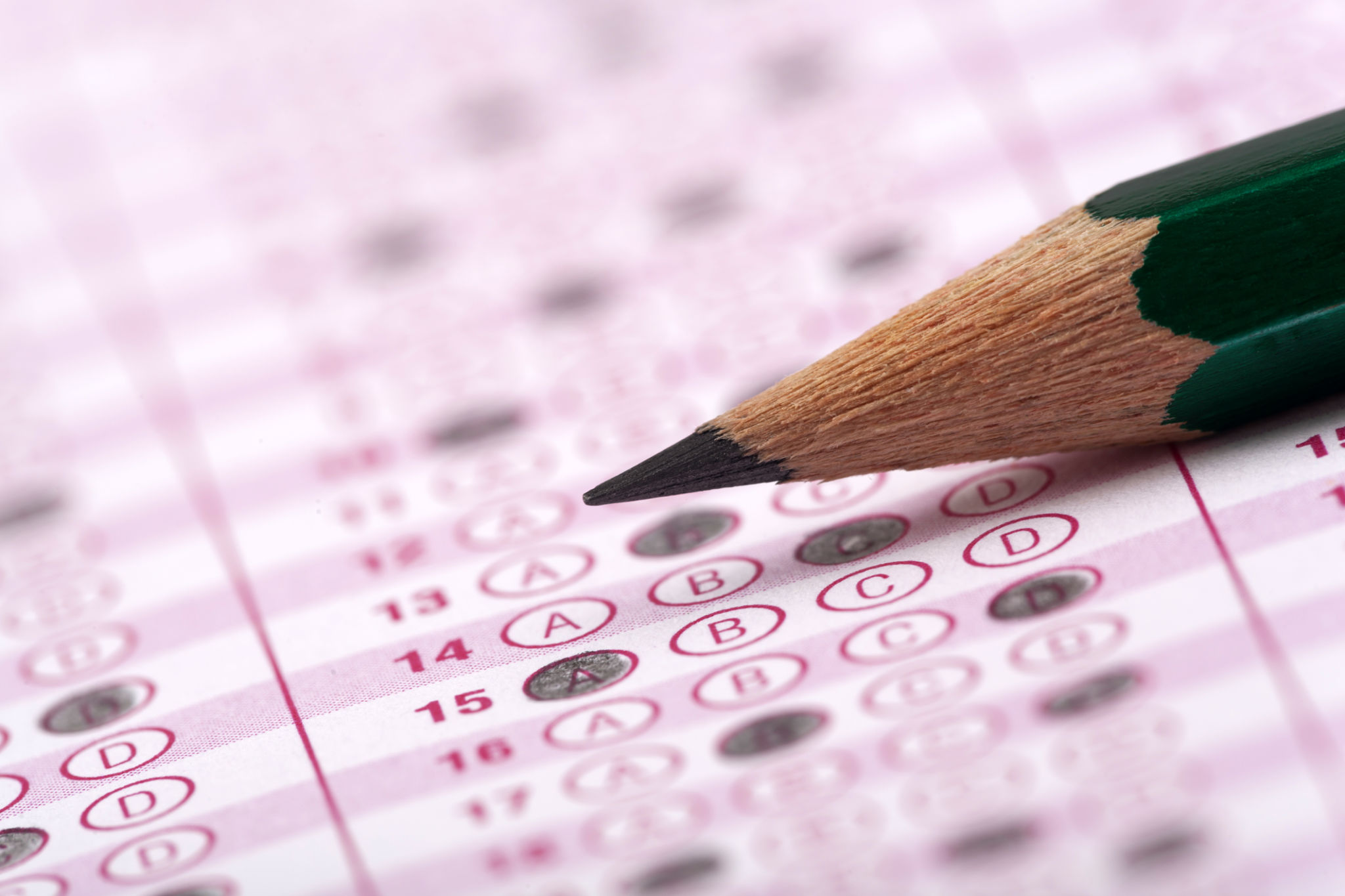Preparing for a Drug Test: Tips and What to Expect
Understanding Drug Tests
Drug tests are a common requirement for employment, sports, and various other purposes. They are designed to detect the presence of illegal or prescription substances in your system. Being informed about the process can help alleviate stress and ensure you are prepared.
Drug tests can vary based on the type of test being conducted. The most common types include urine, saliva, blood, and hair tests. Each has its own detection timeframes and preparation guidelines, which are important to understand before undergoing a test.

Types of Drug Tests
Urine Tests
Urine tests are the most frequently used method due to their simplicity and cost-effectiveness. They can detect recent drug use, usually within the past few days. Preparing for a urine test involves staying hydrated and avoiding any substances that could trigger a false positive.
Saliva Tests
Saliva tests are less invasive and can detect drug use within a shorter timeframe, typically up to 48 hours. While they are convenient, they might not be as accurate as other methods. It's important to refrain from eating or drinking immediately before the test to avoid contamination.

Preparing for the Test
Know What to Expect
Understanding the test's procedure can reduce anxiety. Typically, you'll be asked to provide a sample in a secure location, often with supervision to prevent tampering. Being aware of these steps ahead of time can help you feel more at ease.
Avoiding Common Pitfalls
Avoid consuming any products that could produce false positives, such as certain medications or foods with poppy seeds. It's crucial to disclose any prescription medications to the testing authority beforehand.

Post-Test Considerations
Once you've completed the drug test, results are usually available within a few days. If you're concerned about the outcome due to prescription medications or other factors, it's wise to discuss this with the testing agency beforehand.
If you receive a positive result unexpectedly, you may have the option to request a retest or provide documentation to explain any legitimate use of substances. Understanding these options can help you navigate the process effectively.
Conclusion
Preparing for a drug test involves understanding the type of test, knowing what to expect, and taking steps to avoid false positives. By being informed and proactive, you can approach the process with confidence and clarity.
Remember, honesty and transparency with the testing authorities are key components of ensuring your experience is smooth and stress-free. Whether it's for employment or other purposes, being prepared will always work in your favor.
